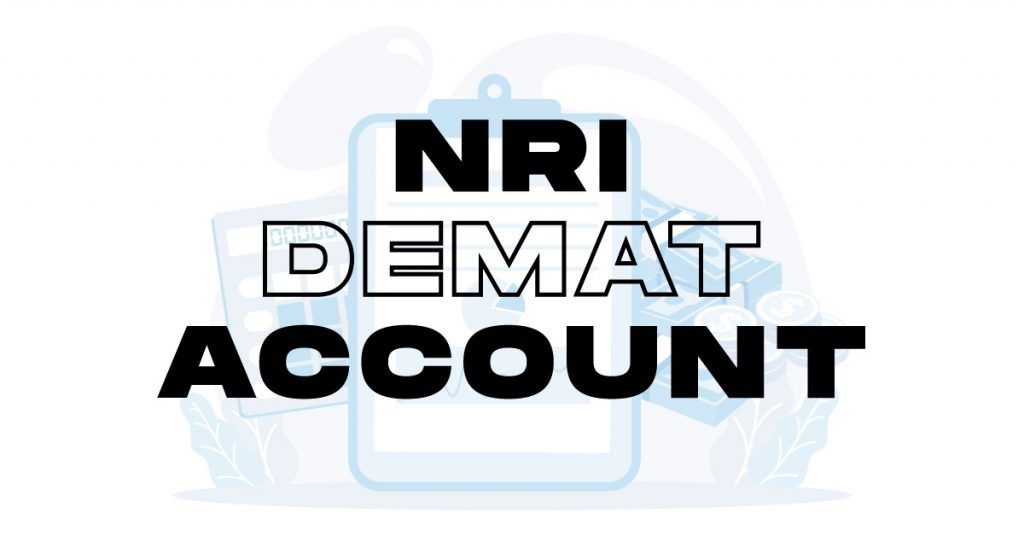How Does an IPO Work for Investors in India
Written by Upstox Desk
Published on September 03, 2025 | 7 min read

Initial Public Offerings (IPOs) can be rewarding investments. As an investor, you definitely don't want to miss out on these opportunities that don't present themselves all too often. Here’s what you need to know about IPOs before investing.
Key Points
- An IPO or an Initial Public offering, is an offer of new shares of a private company to the public for the first time. Ownership changes hands - from being entirely privately held, the company is now giving ownership to the masses.
- Not every company can afford to raise enough money from private investors. Also, going public presents other benefits than just raising capital.
- As an investor, you stand to make extremely high returns on your investment if you pick the right IPOs.
IPO definition
An IPO or an Initial Public offering, is an offer of new shares of a private company to the public for the first time. Ownership changes hands - from being entirely privately held, the company is now giving ownership to the masses.
Let’s get the basics out of the away first:
- An IPO is an offer of shares by a company in exchange for capital.
- The entire process is regulated by SEBI - the Securities & Exchange Board of India. To buy shares of any company in an IPO, you have to bid for these shares.
- If your bid is accepted, you are allotted shares. In case shares aren't allotted in case of oversubscription, you'll get your money back.
- If you participate and buy stocks in an IPO, you become a shareholder of the company.
- As a shareholder, you can enjoy profits from sale of your shares on the stock exchange, or you can receive dividends offered by the company on the shares you hold.
- To file an IPO, companies must measure up to strictly enforced criteria and regulations to get SEBI’s (Securities Exchange Board of India) approval.
- IPO or Initial Public issues is open to all retail investors. Any client can apply through a broker.
But, why do companies feel the need to raise money through IPOs? Of course, behemoths such as IKEA, Flipkart, Dell etc are still privately held by a few investors (in fact, Dell went back to being privately held after an IPO).
Though this might be the case with some companies, not every company can afford to raise enough money from private investors. Also, going public presents other benefits than just raising capital. Here are the reasons why companies go public.
The need for IPO
- Easy access to huge capital is the foremost reason companies choose to offer shares through IPO. There’s no money quite like money from the masses.
- Getting listed in a stock exchange adds credibility to a company - which comes in quite handy in a range of scenarios. The company is expected to be accountable to its hundreds (and thousands) of shareholders, and is therefore perceived as responsible.
- An IPO helps gauge public sentiment towards the company’s prospects. Also, it offers an exit route for private investors who can now sell off their shares at huge profits or just see their net worth rise manifold as the shares gain in value.
- It gives the company valuable leverage while negotiating loan terms, interest rates on loans, mergers or acquisitions. With loans, listed companies can get capital at a lower cost, that is, at a lower rate of interest. Mergers or acquisitions are facilitated so that valuable company shares can be made part of the trade deal.
Did You Know? Not all IPOs are a success. In 2012 - Samvardhana Motherson’s IPO had a disappointing start - with only 23% of its shares being subscribed.
As stated earlier, SEBI is the regulating authority here. It checks if criteria and norms laid down are met by companies before their proposed IPOs can be opened for public investment. What are these criteria and norms that companies have to fulfill? Let's take a look.
Criteria for filing IPOs
The following are the eligibility norms for companies planning to file an IPO as stipulated by SEBI.
- The company should have had net tangible assets (defined as physical assets plus monetary assets of at least 3 crore rupees in each of the last three years. Doesn’t include virtual assets with fluctuating value like shares)
- The company should have had an operating profit of minimum 15 crores for at least three years in the preceding five years.
- The size of the IPO can't exceed the company's worth by more than five times.
Even if these criteria are not fulfilled, the company can still file a request for approval of an IPO with SEBI. But, for such approvals, the IPO can only take the **book building**route where 75% of the stock has to be sold to Qualified Institutional investors (QII). This has to be done for the sale of stocks under the IPO to be held as valid. Otherwise, the IPO is cancelled and the capital raised has to be returned.
SEBI functions to protect the interests of investors while ensuring that norms aren't too stringent to dissuade prospective companies that have the potential and the vision to deliver growth.
Initial Public Offering (IPO) Process Overview
- A private company decides to raise capital through an IPO.
- The company contracts an underwriter, usually a consortium of investment banks which assess the company's financial needs and decide the price/price band of shares, number of shares to be offered etc.
- The underwriter then participates in the drafting of the application (to SEBI) for approval with details of the company's past financial records including profits, debts/liabilities, assets and net worth. Also, the draft mentions how the funds to be raised will be used.
- SEBI carefully scrutinises the application and after making sure that all eligibility norms are fulfilled, it gives the company the go ahead to release the ‘red herring prospectus’.
- The ‘red herring’ prospectus is a document released by the company mentioning the number of shares and the issue price/price band (price of one share) to be offered in the IPO. It also has details of the company's past performance.
- In what is called a ‘Road show’, executives travel to meet with and woo potential investors to buy their company’s shares.
- An IPO opens and can last for 3-21 days, though it is usually open for 5 days.
- During this time, retail investors can bid for stocks through their banks/brokerages via the Internet. Learn how to buy IPO.
- Investors need to have a demat account to participate in an IPO, and a PAN card.
- If the stocks you bid for are allotted, they'll be credited to your demat account. If not, you'll get your money back.
Definitions Book Building Route: It is a type of process that an underwriter uses to figure out at what price should an IPO be sold. Fund managers submit the number of shares they wish to purchase and at what price. This helps the underwriters determine the value & initial share price of the IPO.
Underwriter: An underwriter is the one (or a group of investment banks) who assesses a company’s financial needs and decides the price/price range of shares, number of shares etc. They also participate in the drafting of an IPO’s application to SEBI.
Finally, after the IPO comes to an end, the new public stock is listed on a stock exchange. From then on, trade can take place in the publicly held shares on the stock market. As an investor, you stand to make extremely high returns on your investment if you pick the right IPOs. It’s similar to spotting talent for a sports coach - with the right find, you stand to witness history being made!
Wrapping Up
- Companies file IPOs to raise capital.
- SEBI is the regulating authority which approves IPOs.
- Once the IPO opens, bidding on shares takes place.
- Shares are allotted once IPO comes to a close.
- Trade on the allotted shares takes place in the stock market.
About Author
Upstox Desk
Upstox Desk
Team of expert writers dedicated to providing insightful and comprehensive coverage on stock markets, economic trends, commodities, business developments, and personal finance. With a passion for delivering valuable information, the team strives to keep readers informed about the latest trends and developments in the financial world.
Read more from UpstoxUpstox is a leading Indian financial services company that offers online trading and investment services in stocks, commodities, currencies, mutual funds, and more. Founded in 2009 and headquartered in Mumbai, Upstox is backed by prominent investors including Ratan Tata, Tiger Global, and Kalaari Capital. It operates under RKSV Securities and is registered with SEBI, NSE, BSE, and other regulatory bodies, ensuring secure and compliant trading experiences.

























